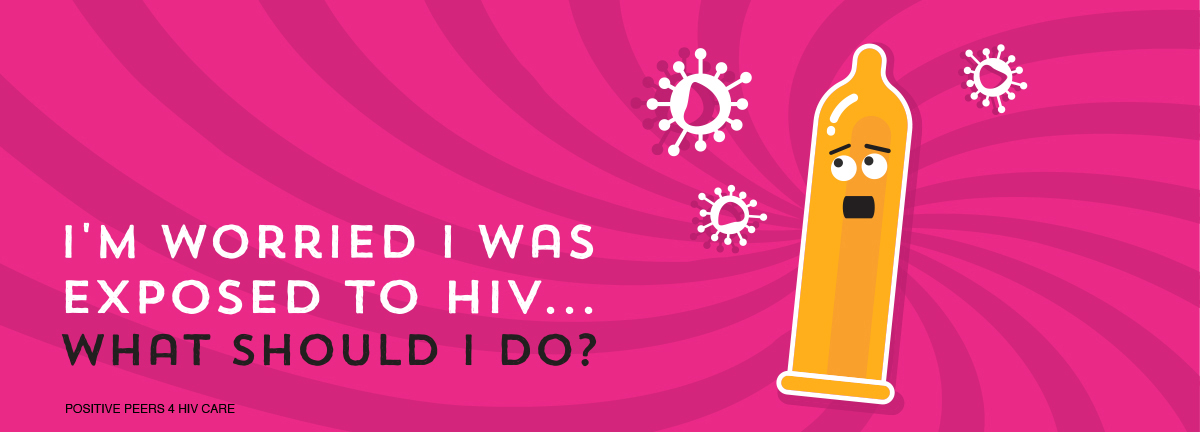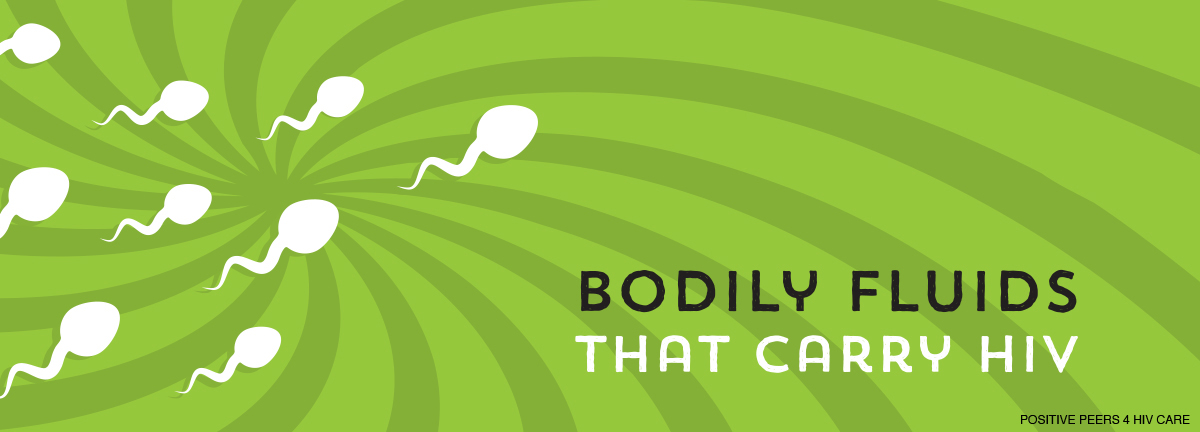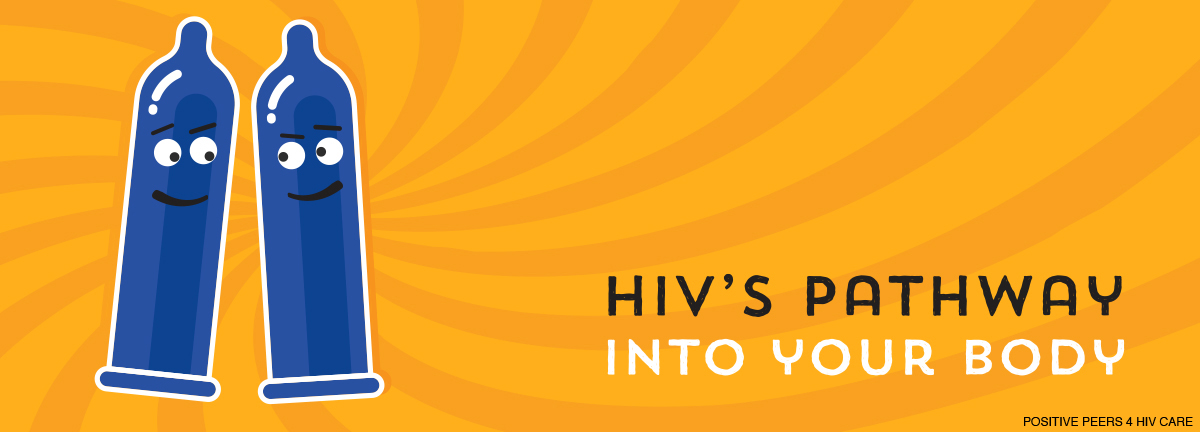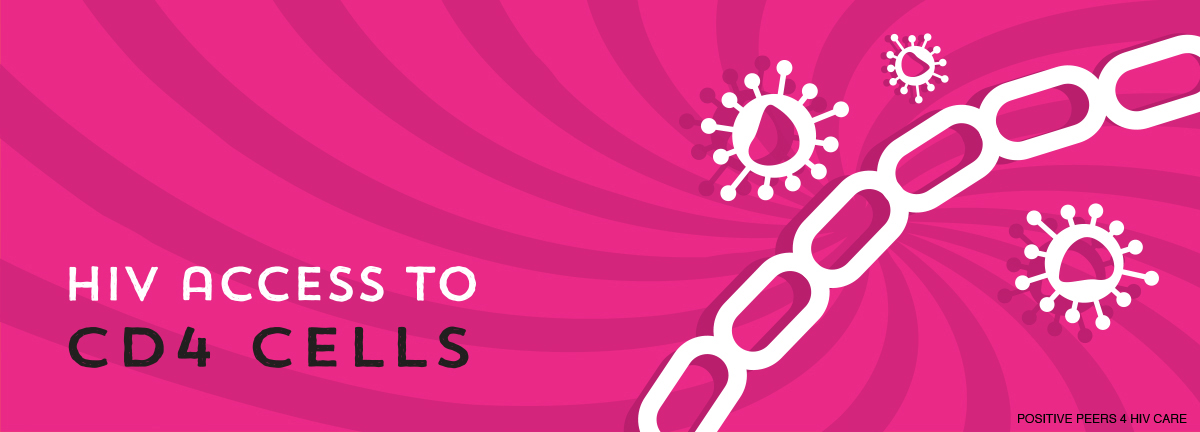
By: Ann K. Avery, MD, Infectious Disease Physician at MetroHealth Medical Center
If you think you were exposed to HIV, try really hard to relax and focus on what to do next. It’s natural to worry, of course, but try to focus on facts instead of fears.
The most important fact is when you think you were infected. If you have a strong reason to suspect you were infected in the past 72 hours, your doctor can give you a drug regimen called PEP that can prevent HIV from infecting you if you were exposed to it.
Unfortunately, the treatment loses its effectiveness after three days, so you need to act quickly. Contact your doctor or a local emergency room immediately if the suspect exposure happened less than three days ago.
If it’s been more than three days since you think you were exposed to HIV, the first place to go is the “Am I Infected?” forum on the website of Poz magazine.
The forum works like this: People visit the site and tell the forum’s moderators exactly what happened to make them think they are infected. There’s a fee to post your story on the forum, but you can read everybody else’s questions and answers for free.
They may not deal with your specific situation, but they will clear up lots of misconceptions about how HIV is transmitted. The majority of people who post on the forum have no risk of infection — but they’re worried because they have a lot of wrong ideas about how HIV gets transmitted.
The forum’s moderators make one thing clear over and over: Four things have to happen before you can get infected with HIV:
- There must be a bodily fluid present that is carrying HIV.
- The fluid has to be carrying a large enough quantity of HIV to infect somebody else.
- HIV needs a pathway to enter your body.
- HIV must reach CD4 cells, also known as helper T-cells, to create copies of itself and spread through the body.
If any one of these four things does not happen, it’s impossible to become infected with HIV.
Now, let’s look at each of these four factors in more detail:
Bodily fluids that carry HIV

HIV lives only in certain bodily fluids of an infected person — usually blood and semen (cum and precum). It’s also present in some fluids in the mucous membranes of the anus and the vagina.
HIV cannot survive in the air. It must be in a fluid. But not all bodily fluids will transmit HIV: Saliva has a unique ability to suppress any HIV that gets into it, so kissing is safe.
So, your first question is: was I exposed to the bodily fluids of a person with HIV (or somebody you suspect of being HIV-positive)?
Sufficient quantity of HIV
Come join our private, stigma-free, supportive community.
Health management tools with medication & appointment reminders.
Social networking in a community conversation & private chats.
If you’re exposed to the bodily fluids of somebody who is HIV negative, there is no HIV in their system to infect you.
However, you could become exposed to the bodily fluids of somebody who is HIV-positive. If they are taking the proper course of anti-retroviral drugs to treat their HIV infection, the viral count (the physical quantity of HIV in their body) should be extremely low, creating a very low risk of your getting infected (low but not quite zero, mind you).
HIV’s pathway into your body

This is perhaps the most important part: For you to become infected, the HIV-positive fluid must find its way into your bloodstream.
The most likely transmission path is through the mucous membranes of the vagina and the anus. If the cum of an infected person touches these mucous membranes, HIV can pass right through them because the membranes’ cells are not densely packed.
In comparison, the cells on your skin are packed so tight that HIV basically bounces off of it.
If you wear a condom properly during sex, it’s nearly impossible for fluids to get past that latex barrier. If your condom breaks, you’re exposed only while the condom is broken (you’re still protected before it breaks).
So your next question is: Was there any way for the other person’s bodily fluids to either get into your blood or pass through your mucous membranes?
HIV access to CD4 cells

Once HIV gets into the blood, it must be able to attach itself to CD4 cells, invade them and hijack their functions, and create new copies of itself to hijack more CD4 cells.
Anti-retroviral drugs try to prevent HIV from doing all these things. Therefore, if the person you think exposed you is on anti-retroviral meds, there’s a strong chance those drugs are blocking HIV’s access to CD4 cells, and dramatically reducing the risk of infection (though not removing it entirely).
Positive Peers is made possible through a U.S. Department of Health and Human Services Health Resources and Services Administration, HIV/AIDS Bureau Special Projects of National Significance (SPNS) Grant to The MetroHealth System. Click here for more information about the SPNS grant initiative.
Positive Peers is a private app for young people living with HIV. Learn how you can earn rewards for your participation.
